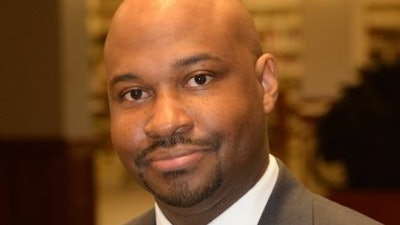In the world of higher education, rankings play a pivotal role in helping students and parents make informed decisions about which college or university to choose. In 2024, the U.S. News World Report released its annual college and university rankings, a highly anticipated event for prospective students and curious parents. In recent years, U.S. News added a separate category for Historically Black Colleges and Universities (HBCUs). While this was a significant step toward recognizing the unique contributions of HBCUs, it fails to consider the miscellany among them.
 Dr. Joseph L. Jones
Dr. Joseph L. Jones
According to the American Council on Education, there are 11 HBCUs designated as Research 2 institutions, signifying their commitment to research, grant writing, and publications. Remarkably, only two of these institutions are private, Clark Atlanta University and Howard University. The significance of this distinction cannot be overstated in comparison to other colleges and universities. Furthermore, Howard receives an annual federal appropriation, and therefore one can easily call into question the fidelity of its private status, which would leave Clark Atlanta the only remaining private R2 HBCU.
On this basis alone, institutions should be disaggregated when ranking HBCUs. I took time to reorganize the rankings based on the U.S. News World Report by public, private, and research designation, and the results look a lot different.
By reorganizing the rankings based on the U.S. News World Report, considering distinctions between public and private institutions and research designations, we can achieve a more accurate and fair comparison of HBCUs. This approach allows us to compare apples to apples rather than analyze a bowl of fruit, and it provides students, parents, and the broader public with valuable insights.
Moreover, HBCU presidents and advocates should focus on this refined ranking framework. It can be a compelling tool to convince students, donors, and public officials to better support these institutions.
This nuanced approach to ranking HBCUs is significant for my institution, Clark Atlanta. As an R2 university, we are responsible for unapologetically teaching, researching, and publishing on the conditions of Black people in the country and abroad. We have this intellectual pedigree as the first HBCU graduate school in the nation through Atlanta University. At the turn of the 20th century, Atlanta University was committed to researching the conditions of Black people in America through the Atlanta University Studies led by W.E.B. Du Bois. Today, we continue this tradition in our undergraduate and graduate programs through course offerings, research, and community engagement.





















